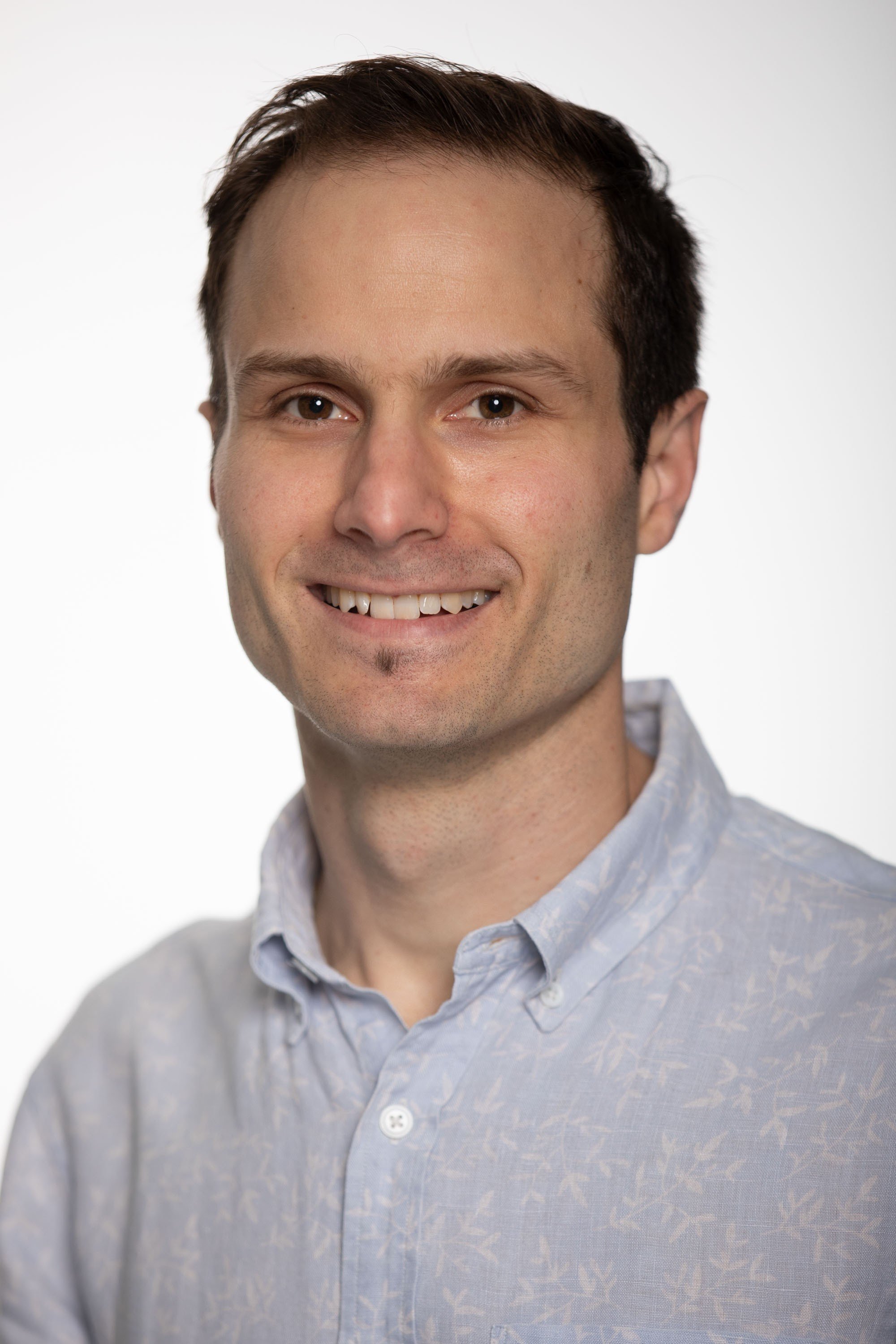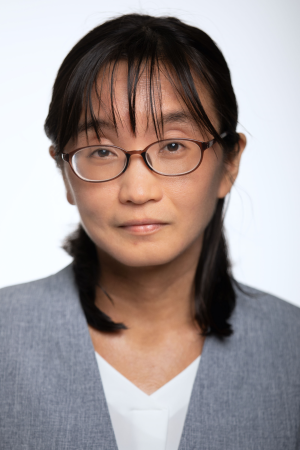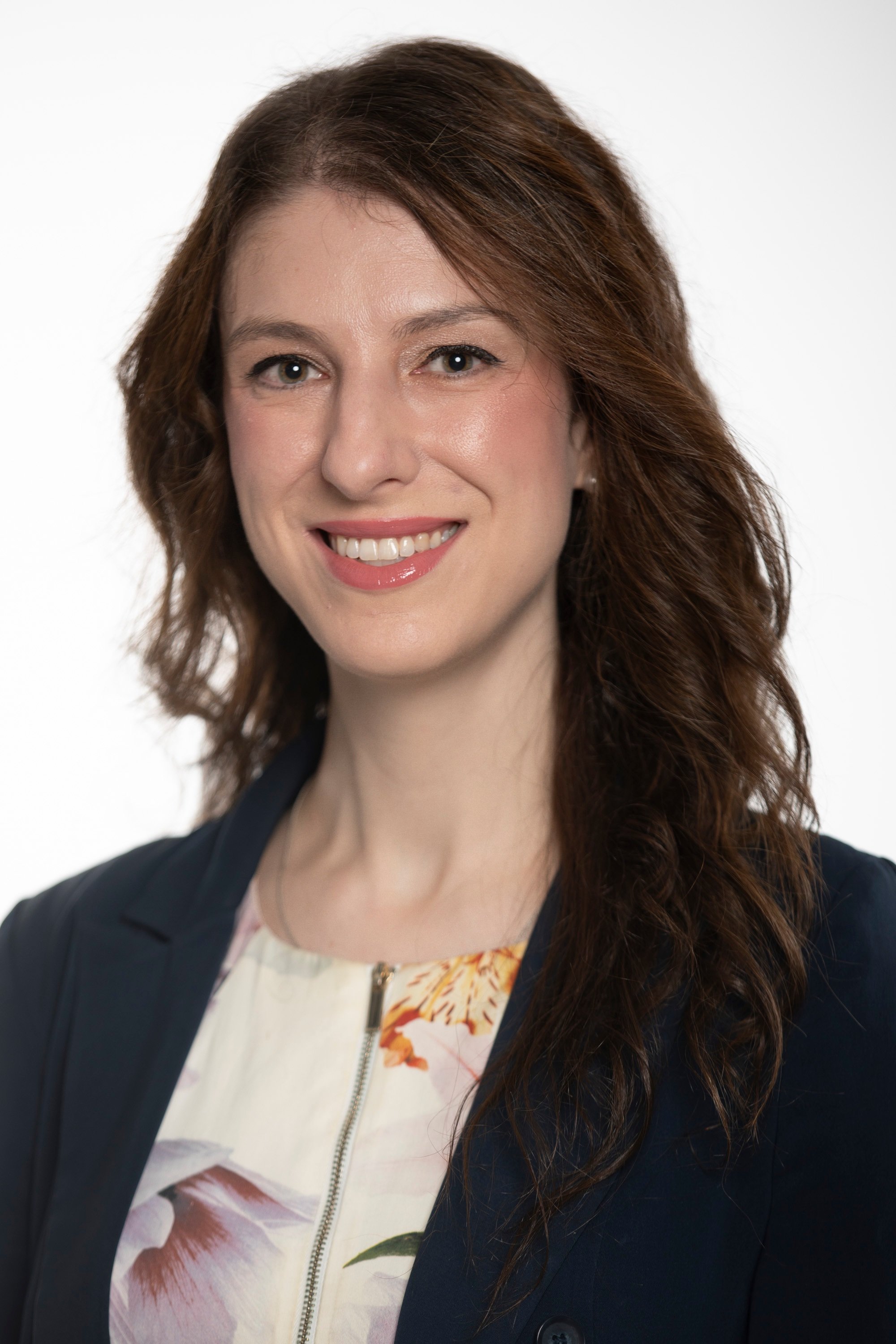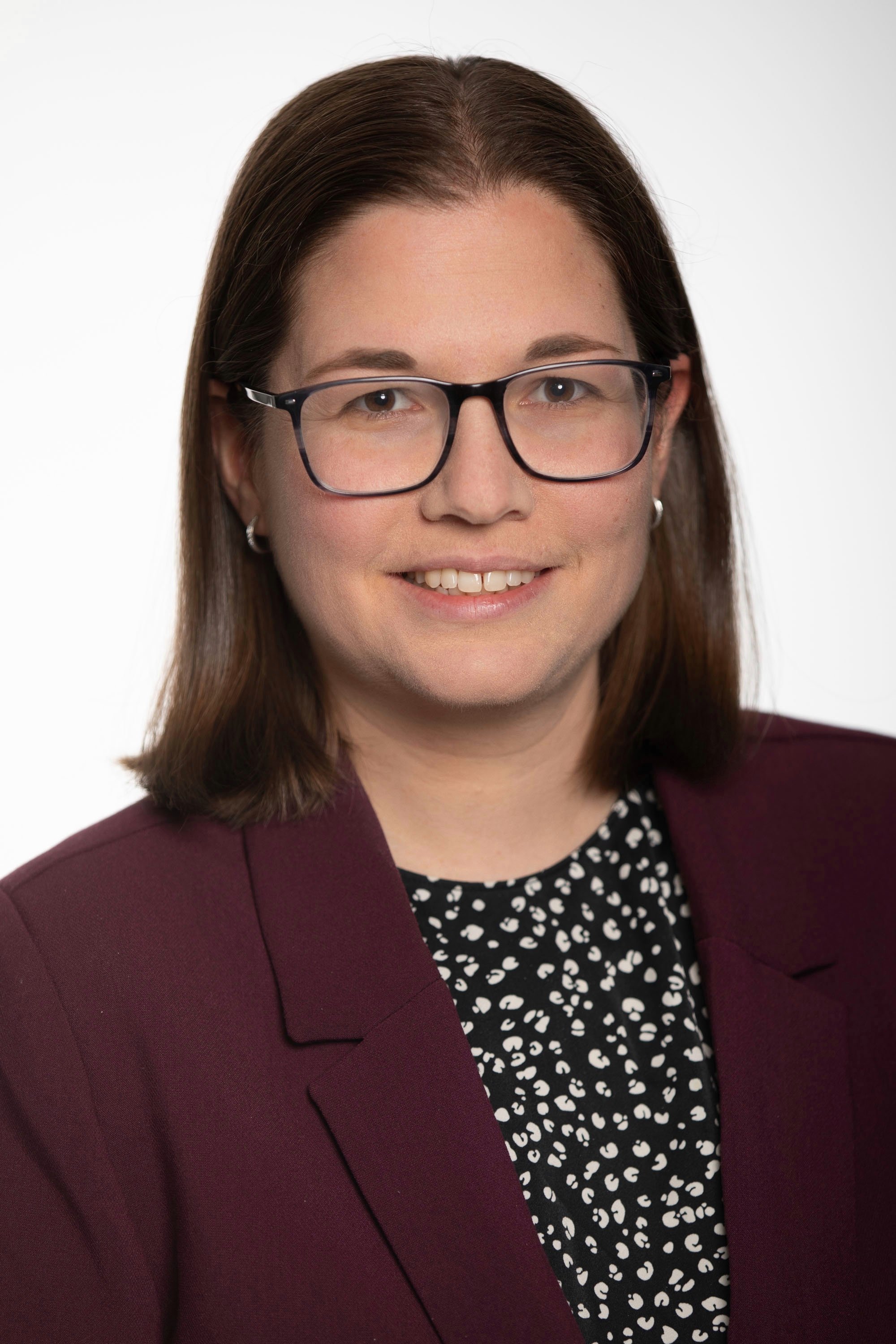The Garron Family Cancer Centre
Education
The Garron Family Cancer Centre at SickKids provides training for the next generation of health-care professionals through several fellowship opportunities.
Training Programs
The Garron Family Cancer Centre (GFCC) offers a unique fellowship opportunity for clinical fellows looking to enhance their experience in cancer research. The GFCC as part of The Hospital for Sick Children (SickKids) is one of Canada's top ranked Paediatric Oncology Centres in Canada. This fellowship opportunity aims to provide training through direct participation in basic science or clinical investigation under the supervision of world leaders in oncology research and clinical care. The goal is to promote career development in the clinician investigator and clinician scientist tracks. The GFCC awards up to two 2-year fellowships per review cycle.
Fellowship requirements
- Research undertaken must be cancer related.
- Fellows are required to participate in GFCC research seminars related to their research interests and as their schedules allow from the outset of their fellowship.
- As part of the fellowship, fellows are required to commit up to 10% of their time per year to clinical activities.
- This is a 2-year fellowship starting July 1.
Fellowship Oversight Committee
A formal Fellowship Oversight Committee (FOC) is to be established to mentor and guide the fellow in the first year. The FOC is composed of at least 3 individuals including fellowship supervisor, a mentor for the fellow’s clinical and general career development, and a mentor with expertise in research that is being pursued by the fellow. There may be additional mentors who are also members of the FOC.
Fellowship eligibility
- Clinical Fellows who have completed or will have completed at time of start of fellowship their core clinical training.
- Applicants can apply in the year prior to the planned research activities.
- A supervisor and primary project must be identified at time of application.
- The research fellowship is intended to start July 1 of the following year of application submission; off cycle start dates may be considered.
Supervisor eligibility
- Supervisors must have a Senior Scientist, Scientist, Senior Associate Scientist, or Associate Scientist appointment at the Research Institute.
Supervisor contribution
Effective July 1, 2024, for fellows starting their first year of the GFCC Fellowship, supervisors are required to contribute $22,000 toward fellow salary. Please note if the fellow successfully receives external funding this will offset the supervisor contribution.
Remuneration
$84,712.26 per year plus modified benefits for the term of the fellowship.
Application
Applications are accepted through the Research Training Centre (RTC) Clinician Scientist Fellowship Program (CSTP) fall deadline. Visit the RTC website to review application.
Deadline for applications
For a fellowship start date of July 1, 2025, please submit applications by 11:59 p.m. on October 11, 2024 via the RTC CSTP application.
Fellowship deferral
The GFCC fellowship can be deferred up to a maximum of 1 year. A written letter advising of deferral is required and must include signature from fellow and supervisor.
Contact
For inquiries about the GFCC fellowship, please contact gfcc.fellowship@sickkids.ca
Fellowship Overview
As an innovator in paediatric oncology, the Garron Family Cancer Centre (GFCC) is looking to develop future leaders in artificial intelligence (AI) and machine learning (ML). The field of AI/ML utilizes algorithms and software to develop complex models to better employ data to support care and develop innovative solutions and is a growing field in healthcare.
The GFCC AI Fellowship will focus on the use of AI/ML to inform patient and systems-based practices for best care of paediatric oncology patients and will span prioritization of clinical questions and scenarios, model development and deployment, and implementation. The successful candidate must have an interest in working with large datasets, statistics, quality improvement and implementation science.
Eligibility
- Fellowship is open to clinical applicants who:
- Have completed a clinical fellowship in paediatric haematology/oncology
- Prior coding experience is an asset but not required. Applicants must have a willingness to learn coding and take part in AI or ML courses to build and apply coding skills throughout the fellowship.
Timeline
- Fellowship Academic Year: July 1 start
- Submission Deadline: October 11, 2024
- Selection Committee Review: Early November
- Program Acceptance: An email notification will be forwarded to your email address by the end of November.
Fellowship Requirements
- Applicant must source two supervisors:
- Clinical Supervisor: from the oncology practice area to support content expertise.
- Technical Supervisor: whose lab or research area includes AI and ML. Technical Supervisor can be external to SickKids if proven leader in the AI/ML field.
- Applicants are not required to have a project or model to develop at beginning of fellowship.
- Expectation that up to 10% of time is spent in clinical work in keeping with the professional role of the fellow.
- Introductory courses in AI and ML are requirements of fellowship and encouraged to be completed in first 3 months of fellowship, suggested courses include:
Term
- Two year fellowship
- Academic year July 1 – June 30
Remuneration
- $84,712.26 per year plus modified benefits for the term of the fellowship.
- Laptop will be provided
Supervisor contribution
- Supervisor contribution of $22,000 toward fellow salary is required. Please note if the fellow successfully receives external funding this will offset the supervisor contribution.
Application Requirements
- AI Fellowship Application
- Clinical Supervisor Application
- Technical Supervisor Application
- Two reference letters (not from supervisors) submitted to gfcc.fellowship@sickkids.ca
Fellowship Oversight Committee (FOC)
- Fellows are required to establish a formal FOC that will include supervisors, one to two mentors in ML/AI and one to two members from lab who collaborate on project.
- The goal of the FOC is to initially help the fellow establish learning goals thereby setting up a mentorship plan to support skill development in AL/ML.
- The FOC is required to meet bimonthly in the first year of the fellowship and quarterly in the second year.
Progress Report
- Fellow will be required to submit a progress report by December 1 and June 1 of each fellowship year.
- Coding knowledge will be evaluated as part of the progress report at the conclusion of first year of fellowship.
Fellowship Expectations
At the end of the fellowship, it is expected that fellows will be able to identify relevant practice questions, understand data resources and work with AI/ML experts in developing and refining models, analyze results and translate to clinical practice.
Learn more about the Core Paediatric General Haematology/Oncology fellowship from the Division of Haematology/Oncology.
Learn more about the Departmental Paediatric Haematology/Oncology fellowship from the Division of Haematology/Oncology.
Learn more about the Subspeciality Paediatric Haematology/Oncology fellowship from the Division of Haematology/Oncology.
Learn more about the Basic Science/Investigator Fellowship offered through the SickKids Research Institute Research Training Centre (RTC).
2025/26 GFCC Research Fellows

Dr. Mike Hart-Matyas
Supervisor: Dr. Juan Carlos Zúñiga-Pflücker
Pre-Cinical Development of a Novel Cell-Based Bene Editor Delivery System for Treatment of AML
Acute myeloid leukemia (AML) is a type of blood cancer that typically affects older adults, but also occurs in children. Despite the best therapies available many patients will not survive. The ongoing development of new therapies that target the action of genes, called fusion oncogenes, which play a role in AML development and persistence have provided new hope for these patients. However, these genes can mutate resulting in drug resistance.
An alternative strategy that has been shown to work in experimental models is to disrupt the genes within the genetic code using molecular scissors, called CRISPR. However, delivering CRISPR to patients is challenging.
The current project aims to develop a delivery tool founded on a very successful cell therapy for patients with another form of leukemia, called CAR T cells. This cell therapy uses a special receptor to recognize the cancer cells and then kill them by delivering a “kiss of death”.
We aim to modify this cell therapy so that the kiss is not lethal unless the target is an AML cell with the fusion oncogene. In AML cells delivery of CRISPR will cut the fusion oncogene disrupting its function within the genetic code and killing the cells. This approach is game-changing by editing the rules of treatment. It targets and kills AML cells by going directly to the source and disrupting the fusion oncogene within their genetic code.

Dr. Yoshiko Nakano
Supervisor: Dr. David Malkin
Pediatric Cancer Predisposition - More Effective and Less Invasive Approaches
At least 10–18% of children with cancer have genetic conditions that predispose them to developing multiple tumors from a young age: They have a pathogenic variant (i.e., a change in DNA sequencing that leads to the impaired function of DNA) in cancer predisposition genes. Various disorders are known as paediatric cancer predisposition disorders including Li–Fraumeni syndrome, DICER1 syndrome and hereditary paraganglioma/pheochromocytoma syndrome.
Cancer screening for these children and family members with the same pathogenic variant enables the early detection of tumors and reduced morbidity and mortality. However, most current surveillance protocols are based on expert opinions with limited available evidence. In addition, frequent imaging tests and false-positive or indeterminate results during surveillance increase patients’ anxiety and stress. Furthermore, management of early-detected lesions remains controversial, particularly regarding the timing to start treatment for asymptomatic low-grade tumors.
This project explores more effective and less invasive approaches for children with cancer predisposition. First, to provide evidence to optimize surveillance protocols and cancer management, we retrospectively analyze clinical data of patients who underwent surveillance through the SickKids Cancer Genetics Program which started in 1999. Second, we assess the utility of liquid biopsy (looking for the pathogenic variants in blood samples) for the early detection of tumors in variety of paediatric cancer predisposition disorders, which is a promising tool for detecting tumors in less invasive and more sensitive and specific manners compared to surgical biopsy and imaging testing. Third, we provide comprehensive molecular analysis of brain tumors developed in patients with Li-Fraumeni syndrome to see whether that influences options for better therapeutic management.

Dr. Laura Raiti
Supervisor: Dr. David Malkin
Exploring the Early Genetic Determinants of Tumour Risk in Li-Fraumeni Syndrome (LFS)
The intended objective is to validate genomic sequencing technology to detect TP53 variants in patients with LFS, explore prenatal cancer driver mutations and assess public acceptability of the introduction of genomic Newborn screening.
I am currently recruiting patients with Li-Fraumeni Syndrome from our SickKids Cancer Genetics to be involved in this study. Their Dried Blood Spots will be retrieved from CHEO, Ottawa (Newborn screen lab), and we will extract DNA from the Dried blood spot.
Their extracted DNA will undergo TP53 variant sequencing and Whole Genome Sequencing for exploratory work to better understand the presence and role of any driver mutations.
This project has the potential to impact the way we understand the risk of individuals with Li-Fraumeni syndrome going on to develop cancer, by looking at genetics changes that occur prenatally, with the hope that we can then detect and intercept the development of malignancies early with the goal of achieving improved outcomes.
In addition, it is an exciting opportunity to explore public acceptability of expanding Ontario’s current Newborn screening program to include genomic sequencing technology and genomic Newborn screening.

Dr. Talya Wittmann Dayagi
Supervisors: Dr. Joerg Krueger, Dr. Yigal Dror
Short and Long-Term Outcomes of Patients With Inherited Bone Marrow Failure Syndromes (IBMFS) With and Without Hematopoietic Stem Cell Transplantation (HSCT): A Population-Based Pan-Canadian Cohort Study.
Inherited bone marrow failure syndromes (IBMFS) are rare genetic conditions that affect the body’s ability to produce blood cells, often leading to anemia, infections, and bleeding problems. People with IBMFS may also have birth defects, developmental delays, and a higher risk of developing leukemia and other cancers.
The only known cure for IBMFS is a bone marrow transplant (hematopoietic stem cell transplantation, or HSCT), where healthy donor cells replace the patient’s defective bone marrow. However, this procedure carries risks, including serious side effects from chemotherapy, immune system complications, long-term health problems, and secondary cancers. In recent years, new transplant approaches have improved survival, but we still do not fully understand the long-term outcomes for patients who do and do not receive a transplant.
This study will analyze data from the Canadian Inherited Marrow Failure Registry (CIMFR), which has tracked over 700 IBMFS patients across Canada since 2001. We will compare survival rates, complications, and overall health in patients who undergo HSCT versus those who do not. We also aim to examine how different transplant methods impact long-term health and identify genetic and clinical factors that may predict better or worse outcomes.
By improving our understanding of IBMFS and bone marrow transplant outcomes, this research will help healthcare providers make better treatment decisions, guide personalized care, and support families facing these difficult choices. Findings will also inform screening and long-term monitoring strategies to improve patient care.


